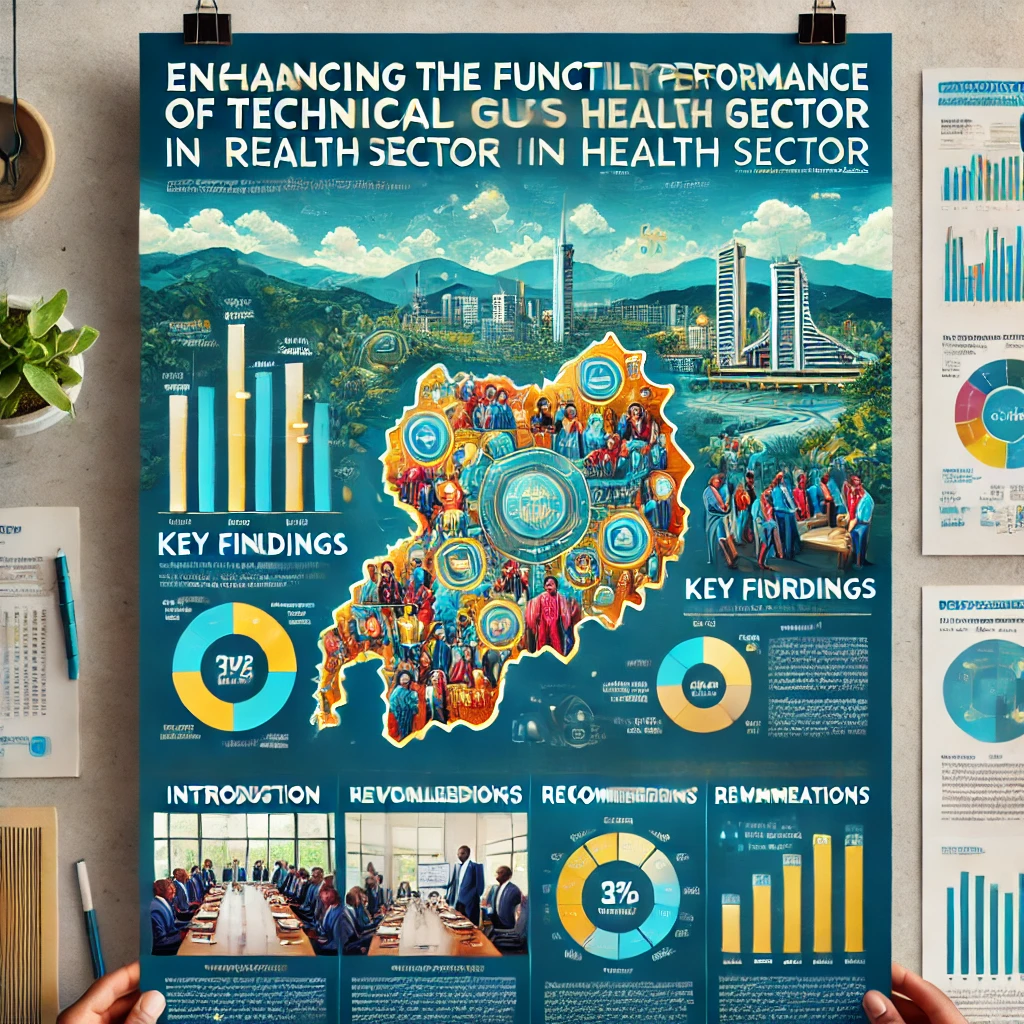Technical Working Groups (TWGs) play a vital role in the health sector by bringing together experts, stakeholders, and decision-makers to collaborate on key issues, policies, and strategies. They are essential for optimizing the impact of health initiatives and ensuring effective decision-making processes within
the health sector. TWGs operate under various authorities globally; in Rwanda, they function under the Health Sector Working Group (HSWG), with a chair coming from the Ministry of Health (MOH) and a co-chair from a development partner (USAID).
In Rwanda, all TWGs are composed of staff of the Ministry of Health (MoH) along representatives from Development Partners, Non-Governmental Organizations (NGOs), Faith-Based Organizations (FBOs), and Civil Society Organizations (CSOs) working in the specific areas and expertise of the TWG. The main objective of TWGs is to support and advise the MOH in implementing sub-sector strategies and policies and developing relevant guidelines and tools for use by implementing agencies [1]. TWGs in Rwanda should also play a critical role in supporting the Ministry of Health (MOH) in policy development, program implementation, and monitoring of health indicators. Understanding the dynamics of technical working groups (TWGs) in the Rwandan context is essential for strengthening health systems and achieving sustainable health outcomes.


